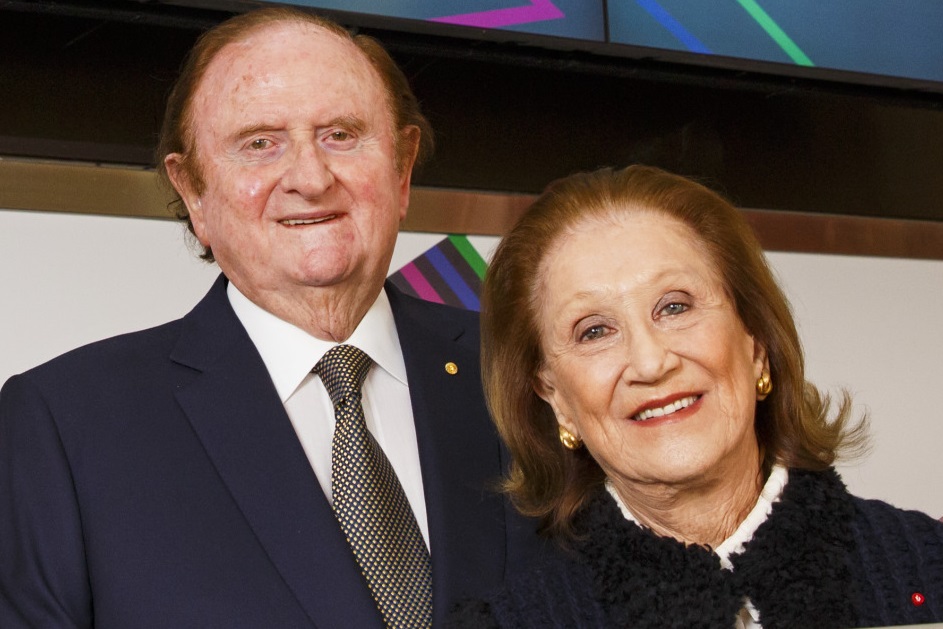Pioneering nature of The Alfred lives on

The Alfred has sought to develop throughout its 150-year history. This continues today with the help of partnerships, such as with the Gandel Foundation.
The pioneering nature of The Alfred and its close relationship with the community has been a consistent theme throughout its history. An early example is the evolution of the heart bypass machine, or heart-lung machine.
This technique allows a machine to temporarily take over the function of the heart and lungs during surgery, maintaining the circulation of blood and the oxygen content of the patient’s body.
Thanks to support from the community and with the backing of the hospital, a research tour to the US in 1956 by heart surgery pioneer Sir James Officer Brown helped The Alfred clarify the best way to develop the heart-lung machine. Building their own pumps at The Alfred — after the specially imported US versions were deemed unsuitable — the machine was successfully used for the first open-heart operation in Australia, led by Dr Kenneth Morris in 1957, on a boy with a ventricular septal defect (hole in the heart).
The community again came to the fore when a pacemaker was needed to help patients through temporary complications following surgery. Costing £1500 — a significant investment — a casualty porter at The Alfred, Mick Birtles, took on the task with some friends to raise the funds by organising special weekend parties at various football clubs and hotels around the Prahran area. The department was stunned when he returned with the money in just three weeks.

The Alfred’s commitment to providing the best possible care continues today through a partnership with the Gandel Foundation. The Alfred has revolutionised care for sufferers of Crohn’s disease or ulcerative colitis, also known as inflammatory bowel disease (IBD), which are lifelong disorders that greatly impact a person’s quality of life.
With the disease affecting about one in 250 people, or more than 75,000 people in Australia, the Gandel Foundation Intestinal Ultrasound Centre has had a profound impact since officially opening in 2017.
The first service of its kind in Australia, the benefits of intestinal ultrasound are that it is a quick, inexpensive, non-invasive procedure that requires no bowel preparation or fasting. Completely risk-free for patients, the results are comparable or superior to all other diagnostic and assessment methods.
Led by Australia’s first gastroenterologist trained in intestinal ultrasound, Associate Professor Antony Friedman, the centre is now established as a highly successful imaging centre and a great asset to The Alfred.

"Without the generosity of the Gandel Foundation, we would never have been able to establish Australia's first and only dedicated gastrointestinal ultrasound centre," A/Prof. Freidman said.
"Their support continues to enable us to train gastroenterologists from around Australia, New Zealand and Asia and remain at the forefront of research and training in this area."
Gandel Foundation grant manager Nicole Brittain said it was “a no-brainer” when The Alfred approached the Foundation to support a project in this field.
“We are so pleased that the Gandel Foundation Intestinal Ultrasound Centre at The Alfred has had such a positive impact on more than 1600 patients annually for more than five years,” she said.

The Alfred is targeting 2500 scans a year over the next two years, with plans in place to secure a second machine.
Thanks to additional support towards the ulstrasound centre, the Gandels have generously made a total $1 million commitment to The Alfred.



_500_333.jpg)